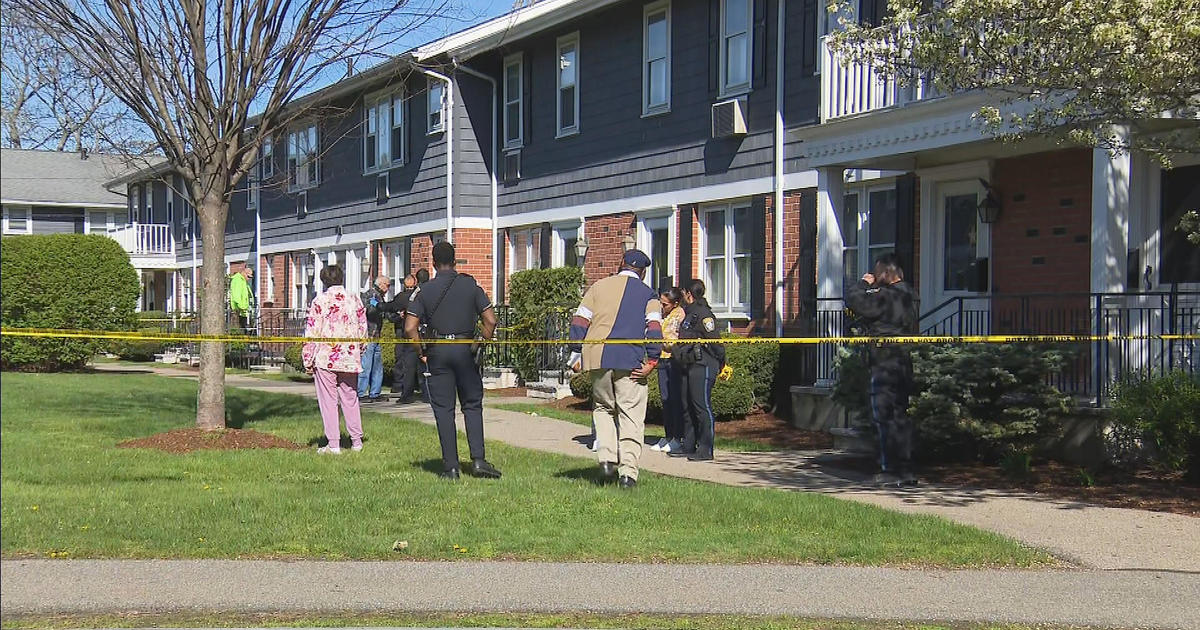What is postpartum psychosis?
BOSTON - Many people would assume that having a baby is the happiest time in a woman's life, but for some, it may be the darkest.
Many women experience postpartum blues or so-called "baby blues" after giving birth which is a mild form of postpartum depression. It usually occurs within a few days of giving birth and is often written off as the normal stress associated with taking care of a newborn.
Moms may be moody, have trouble sleeping or focusing, and have frequent crying spells. Baby blues usually go away within a couple of weeks. But if symptoms are more severe and last for more than two weeks, it becomes postpartum depression. The mom may be incredibly anxious, irritable, or angry. She may feel overwhelmed, or wracked with guilt. Women often feel like a failure as a parent and may be incapable of caring for the baby. Postpartum depression can be treated with therapy and medication.
But some women develop something called postpartum psychosis.
Postpartum psychosis is much less common than postpartum blues or postpartum depression, occurring in only 1 to 2 out of every 1,000 births. It usually appears within two weeks of childbirth as hallucinations, delusions, disorganized thoughts, confusion, and bizarre behaviors. Patients may be suicidal or have thoughts of harming others, including their own children. Many women with postpartum psychosis are eventually diagnosed with an underlying psychiatric disorder, such as bipolar disorder.
Many people may be wondering how to prevent a tragedy like the case in Duxbury from happening.
All women should be screened during pregnancy and in the postpartum period for mental health problems.
Those with a family history of mental illness or previous episodes of postpartum depression or psychosis are at higher risk of having it again with subsequent pregnancies and should seek treatment before symptoms begin.
Once it sets in, postpartum psychosis is considered a medical emergency. These patients should never be left alone with their children and usually need to be hospitalized for specialized psychiatric treatment.
Click here for a list of mental health resources, including suicide prevention hotlines. A new maternal health hotline has also been established for mothers or pregnant people who are struggling with their mental health. Anyone in need of assistance can call 1-833-9-HELP4MOMS or 1-833-943-5746. You can call or text to receive support from trained counselors.




